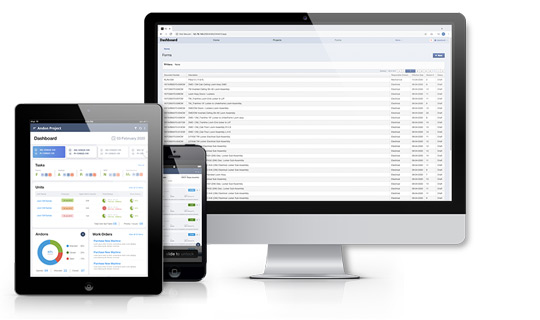React Native is a JavaScript framework used to create native iOS and Android applications utilising elements from Facebook’s well-known React library. Without having to write native platform-specific code, React Native gives developers a tool for creating sophisticated mobile user interfaces.
React Native varies from React in that the former encourages mobile apps while the latter focuses on webpages, despite both having appealing designs and an intuitive UI. To put it another way, React Native, a framework that is comparable to what they specialise in, allows modern React web developers to work effectively on developing mobile apps.
The framework also has a completely native interface that may transfer codes between platforms. By facilitating code reuse and making it simpler for one developer to create apps for both the Android and iOS platforms, it improves the development process.
Features of React Native
The ideal framework for creating mobile apps is React Native. React Native is more practical than developing native and hybrid apps from the perspective of cross-platform compatibility to robust, scalable, and high-performing apps.
Additionally, using React Native while developing mobile applications guarantees a fluid and responsive user experience and makes it simple to integrate plugins and APIs from third parties. To strengthen our case for using React Native, let’s take a deeper look at some of its exciting features.
Create Indistinguishable Mobile Apps from Apps
Real mobile apps that are equal to those created in Objective-C or Java are possible for your company to have thanks to React Native. Using the same UI Components as iOS and Android, React Native merely integrates these UI Components using JavaScript and React. React Native produces aesthetically pleasing and responsive applications.
React Native enables developers to produce top-notch application experiences for both Android and iOS platforms in your company using a seamless experience with only Js and React. In a word, React Native uses the JavaScript engine built into the mobile environment to run Js there.
Reusability
With the help of React Native, developers may share application logic between two platforms, reusing around 70% of the code between Android and iOS. It is crucial to note that social media behemoth Facebook said that its Ad Manager programme uses 87% of the same code across the two platforms.
Multi-Platform Support
There is no need to pick between iOS and Android thanks to React Native. This is so that your developer can maintain a single codebase across both platforms. Your application developer may use the same codebase as a consequence, saving time over building parallel Java and Swift codebases. Unquestionably, React Native lowers cross-compatibility problems and improves user experience.
Establish the Conditions for Different Platforms
Cross-platform software developers face a number of challenges relating to hardware, operating systems, coding languages, and other aspects. React Native performs in-depth testing to make sure the features you want to provide for a range of devices work properly on every OS.
React Native delivers speedy, market-ready application development and is very versatile in ensuring seamless web to mobile application conversions. React Native is the greatest option for business owners wishing to create their product across multiple platforms since it enables the use of the same code base for the creation of iOS and Android applications.
Top companies like Tesla, Discord, Facebook, Bloomberg, and many more have selected React Native for their product development because it offers a safe and scalable environment for cross-platform application development.
Zinemind’s knowledgeable React Native programmers have mastered this technology and have been utilising its potential to create top-notch online and mobile applications. We have amassed tangible experience in a range of industry disciplines. Reach us to know more!













